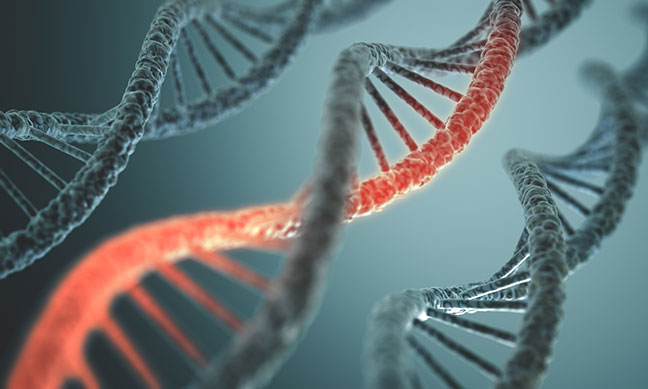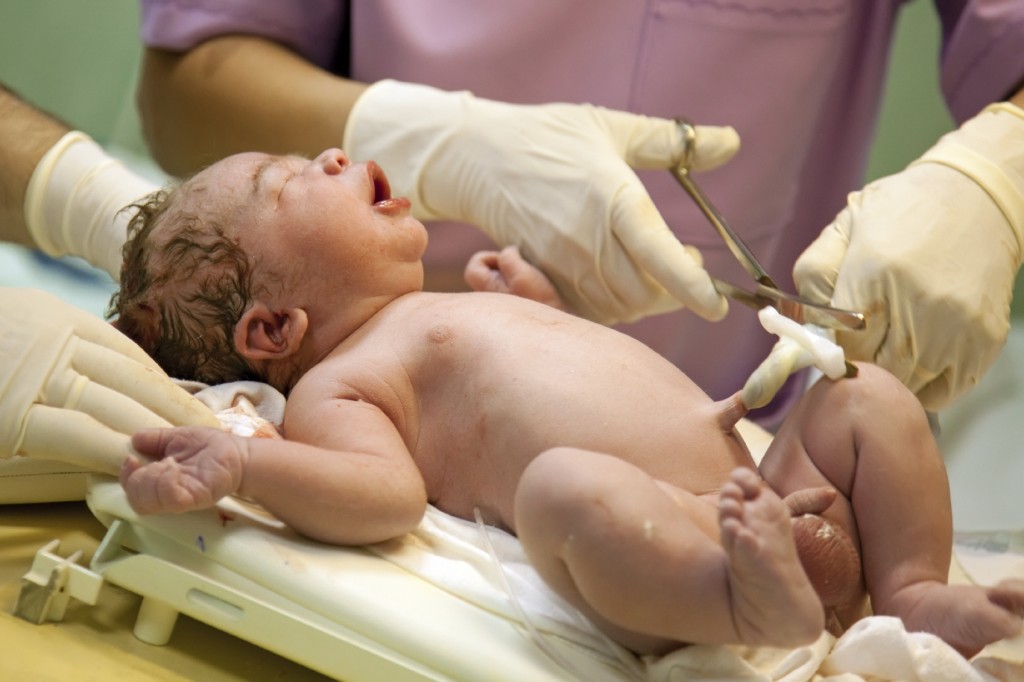
By Lisa Pecos
Chromosomes are structures that carry our genetic material, and more specifically, genes. They are located within every cell of our body, within a structure called the nucleus. When there is an abnormality in the structure or number of one or more chromosomes, this is called a chromosomal anomaly, or abnormality. These abnormalities can occur either at the time of fertilization or during pregnancy and cause negative effects on the growth and development of the baby.
A chromosomal abnormality differs from a single-gene genetic disorder in that an individual can have the normal number of chromosomes, 46, that are structurally sound and still have a genetic disorder. This is because there is a mutation of only one gene, located on a chromosome, that does not affect the structure or number of chromosomes.
Read More










